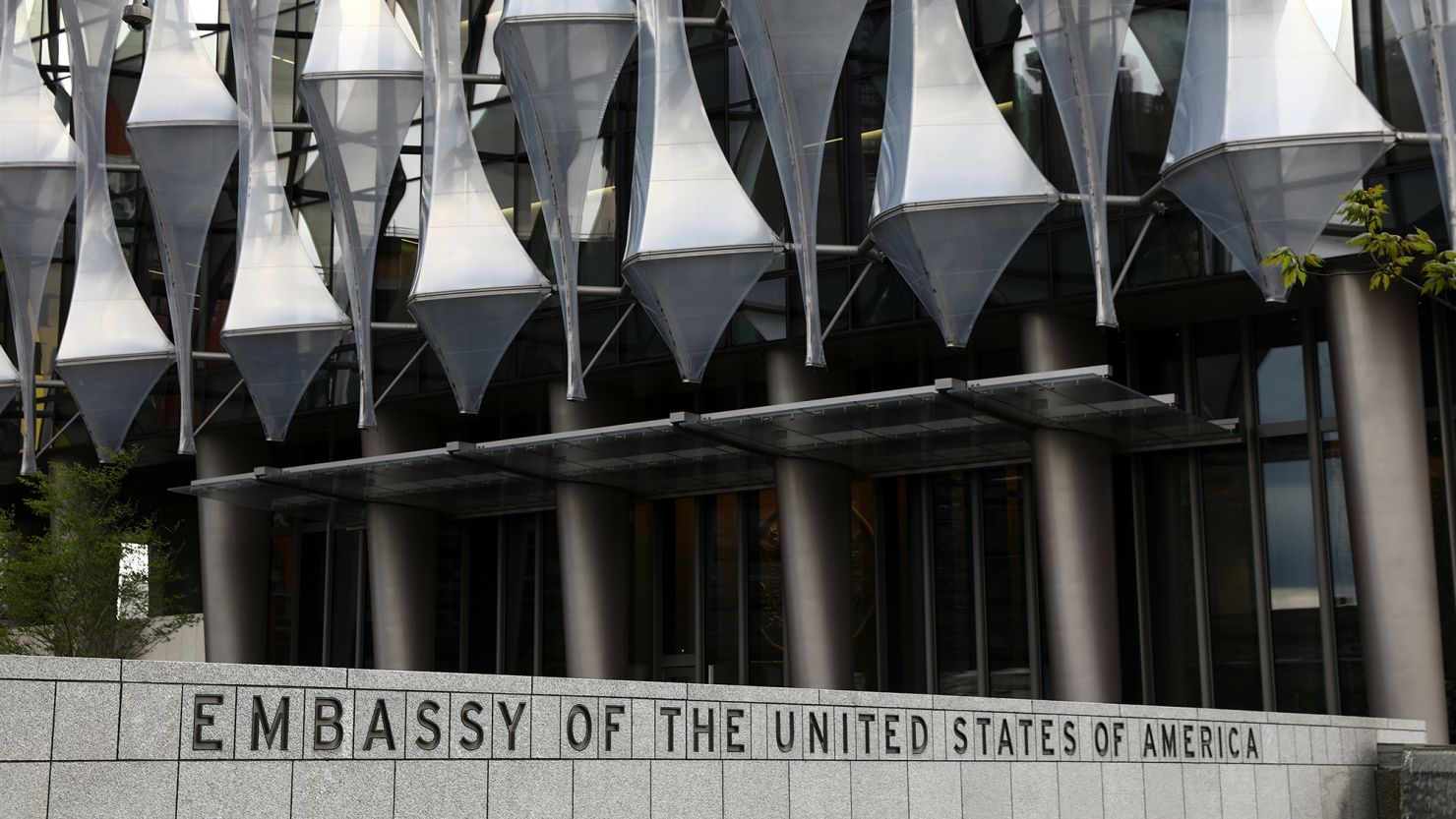
Photo Credit: Getty Images
In the heart of London, a financial standoff persists, pitting the United States Embassy against Transport for London (TfL). At the core of the dispute is an outstanding bill of over $18.6 million in congestion charges, a sum the US Embassy steadfastly refuses to pay, invoking diplomatic immunity as its shield.
The congestion charge, a daily fee imposed to reduce traffic and pollution in central London, has been in effect since 2003. Despite initial compliance, the US Embassy ceased payments on July 12, 2005, arguing that the charge conflicts with the diplomatic privileges outlined in the 1961 Vienna Convention. This cessation of payment has led to a significant accumulation of debt, not just for the US but also for other diplomatic missions, with TfL’s ledger exceeding $182 million in unpaid fees.
TfL, backed by the UK government, insists that the charge is not a tax but a payment for services rendered, thus exempting no one, including diplomats. This interpretation has led TfL to consider escalating the matter to the International Court of Justice, seeking a resolution to this long-standing impasse.
The US Embassy maintains that the congestion charge is a tax from which they are exempt, a stance shared by several other embassies in London. However, TfL’s records show a “stubborn minority” of embassies that continue to evade the charge, despite diplomatic efforts to resolve the issue.
This financial tug-of-war is not without precedent. In 2005, the US Embassy issued a diplomatic note, asserting that the charge “is a tax that cannot be lawfully imposed on the U.S. Government, its diplomatic and consular personnel, or its military force.”2 The UK Foreign Office, however, expects diplomats to fulfill their civic duties by paying the charge, citing no legal grounds for exemptions.
As London prepares to expand its Ultra Low Emission Zone (ULEZ), the stakes are higher for polluting vehicles. The city’s initiative to combat pollution faces legal challenges, but the message is clear: London is becoming increasingly costly for those who flout its environmental regulations.
The Japanese Embassy, owing the second-highest amount in congestion charges, echoes the US stance, claiming exemption under international conventions. Meanwhile, the UK Foreign Office remains firm, expecting all diplomats to comply with local regulations.
As the debate rages on, the world watches to see if diplomatic immunity will trump civic responsibility, or if a compromise can be reached in this financial face-off that has implications for diplomatic relations and urban environmental policy alike.
















